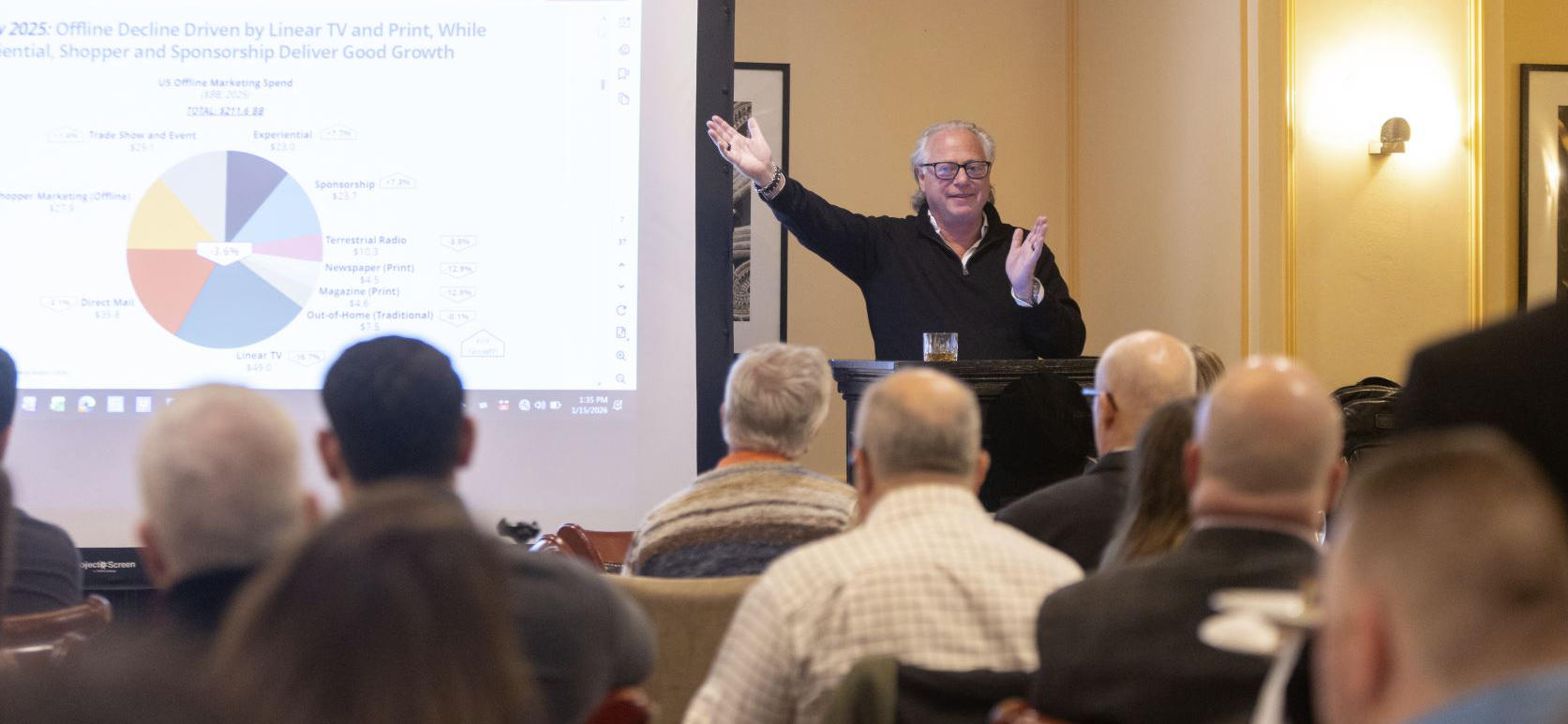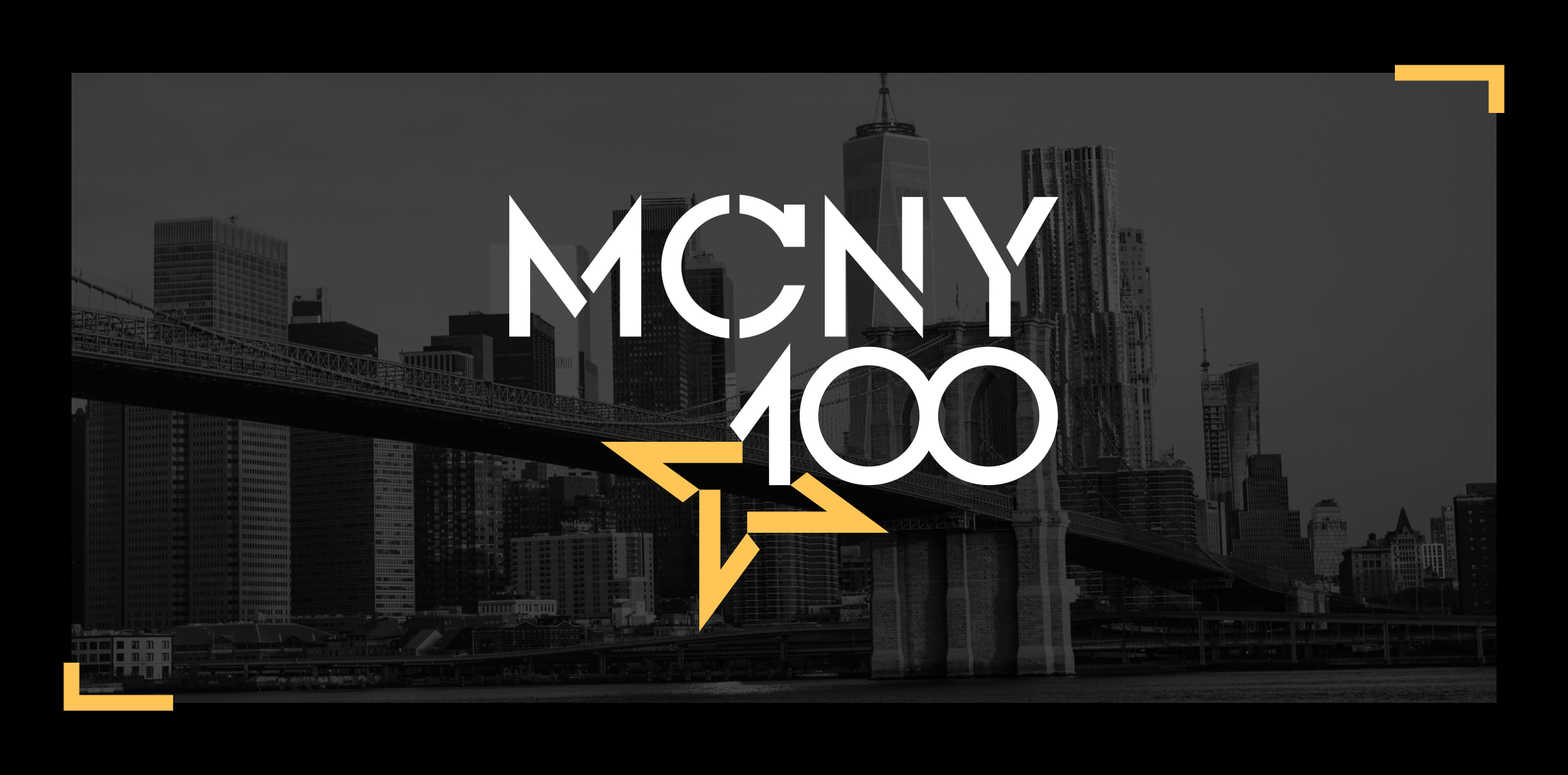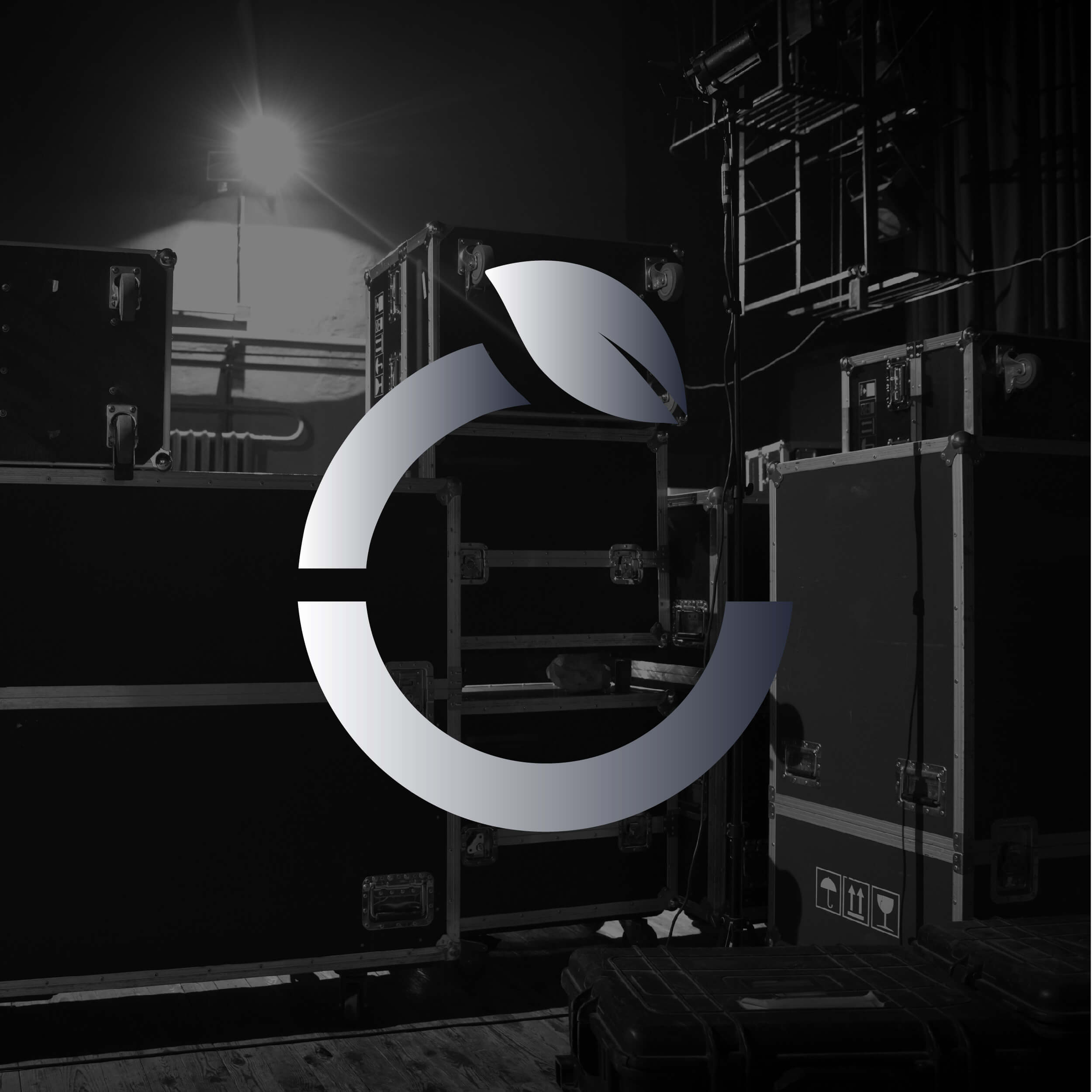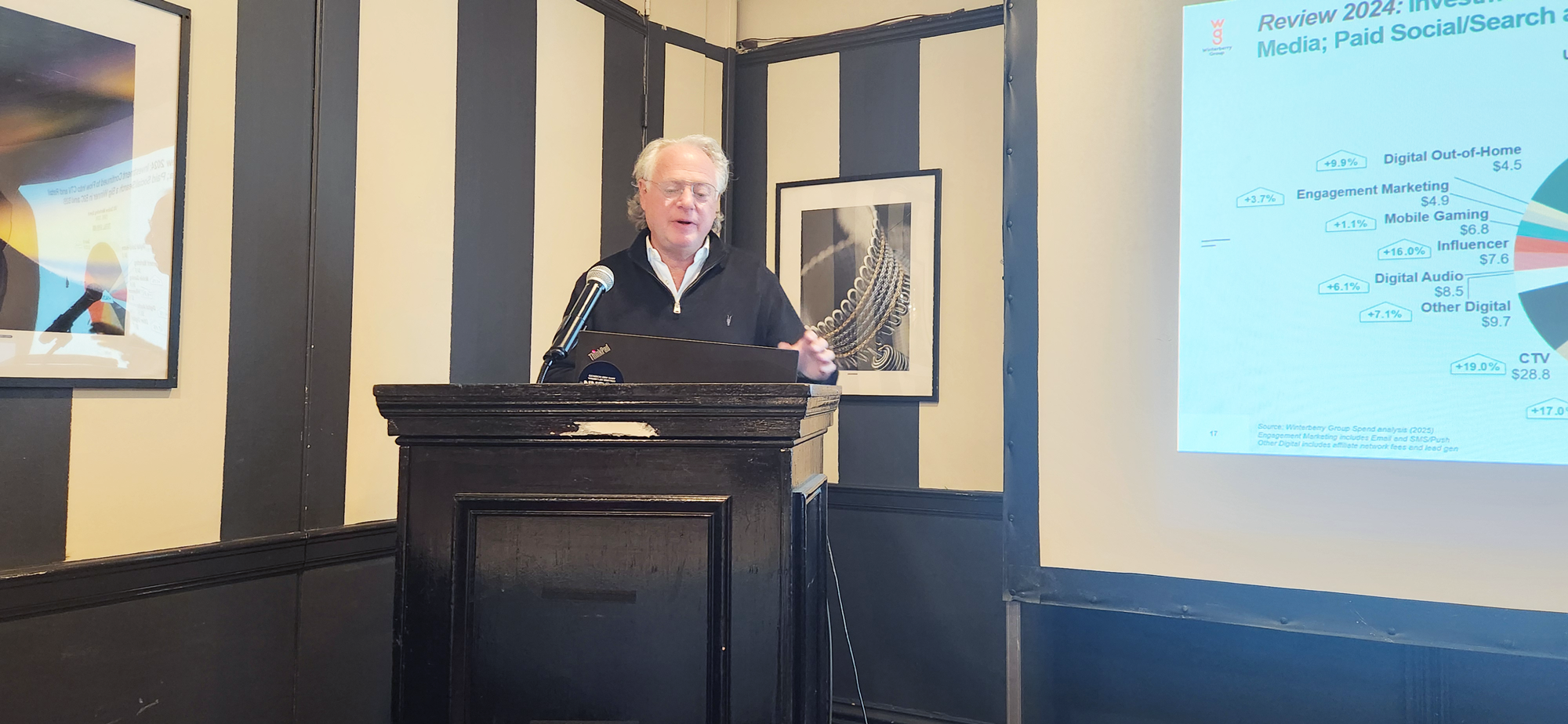
Provocateur:
The average CMO tenure seems to be slowly decreasing. And whether you feel confident in your position or not, you may be thinking about what is required of a CMO to achieve success now and in the future. If not, you should be. A recent report from Forrester Research, predicted that “CEOs will exit at least 30% of their CMOs for not mustering the blended skill set needed to drive digital business transformation, design exceptional personalized experiences, and propel growth.”
Fortunately, the digital landscape provides ample opportunity to solve for these challenges. As you finalize your annual marketing plans and budgets, ask yourself these three questions to ensure you drive growth for your business in the New Year and beyond:
1. Do I really know my customer?
Really knowing your customer means understanding the relationship you have with them, as well as their needs and preferences. It means recognizing them regardless of the channel or device. And it means combining the relationship you have with them offline and online. Most CMOs don’t have the capabilities to achieve this—at scale—in-house.
In a study Epsilon conducted in partnership with Econsultancy, we learned that only 12% of brands have a single view of their customer. What are these 12% doing differently? They’re focusing on data unification to understand the holistic issues of customer experience and deliver personalized marketing communications.
2. Does my brand offer a customer experience that’s going to sustain loyalty?
We all have examples of brands that provide unforgettable experiences to us as consumers. People talk about the innovative ways these brands engage customers, but often don’t understand how, exactly, they got there. Worse, they don’t know how to get their own brand there.
Gaining “loyalty” in the form of program sign-ups is one thing, and many of today’s brands are successfully building a database of subscribers or members. Sustaining loyalty is what comes next—a step often overlooked in favor of customer acquisition, but essential because loyalty is fleeting in the digital era. To sustain loyalty, you need to understand what motivates your customers and use it to deliver on those needs in a personalized way that humanizes the brand experience. It’s no longer simply about points and rewards systems.
3. Are marketing and sales fully aligned?
CEOs are calling on marketing leaders to digitally transform the business, create personalized experiences for customers, and drive growth. Growth starts by bringing data, technology, and creative together to deliver relevant and impactful marketing campaigns. Yet, many of us are failing to realize this growth in the digital era because of organizational misalignment.
One of the easiest ways to drive real growth is to align sales and marketing. Everyone talks about it, but actually doing it is another battle. It starts with organizational change management that aligns channels and budgets. This alignment will help you determine which programs are working and which are not. Some successful brands are starting to shift budget dollars quarterly versus annually to better focus on the programs that are making an impact. Taking progress on a quarterly basis allows you an opportunity to pivot your strategy. If you wait to adapt until the end of the year to make adjustments, it’s often too late. And then you’re left to explain a lack of growth. Or, worse, you become one of the 30% of CMOs at risk of losing their job.
So as you prepare for what’s to come, focus on these questions. Pose them to your staff and ask for input. They may seem simple, but they’re easy to overlook amid day-to-day priorities. Taking the time to evaluate your current marketing infrastructure and start building action plans to remedy an issues must be a priority.
Your ability to recognize customers, reach as many of them as possible across channels and devices, and build and sustain loyalty through personalized experiences is what will drive business growth for your brand. It won’t be easy, but if you get it right, you’ll be able to deliver truly personalized marketing experiences that drive revenue.

About the Author
Lisa Henderson, Managing Director, Technology Client Services at Epsilon is responsible for managing client relationships and overseeing the development and delivery of omnichannel marketing solutions for clients across verticals, enabling smarter conversations with their customers and building deeper relationships. A problem solver at heart with a passion for improving on the tried and true, Henderson enjoys the twin disciplines of creativity and logic that are required to execute successful marketing programs by transforming data into insight that frames a marketing strategy.
Henderson started her career at Epsilon, where she rapidly rose from account executive to vice president based on her ability to generate dramatic program results. Prior to rejoining Epsilon, Lisa managed the marketing services team at Extraprise Group.








